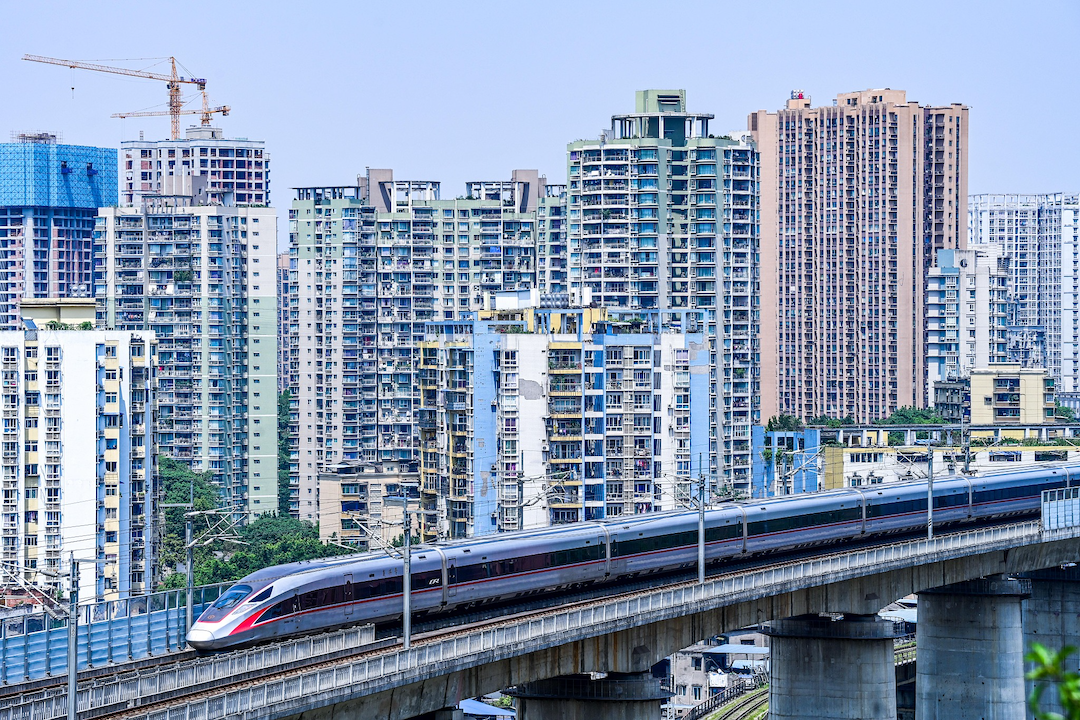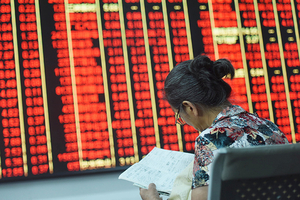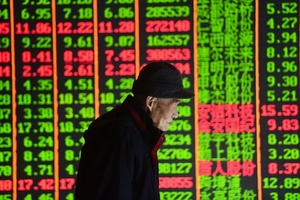Commentary: How to Strengthen China’s Capital Market for Sustainable Growth
Listen to the full version


China has rolled out a broad range of stimulus policies that have significantly boosted confidence among domestic and foreign investors in its economy and capital markets. It is crucial to implement these policies fully with a focus on high-quality development.
Reversing market expectations
Following the pandemic, China’s economy has had to grapple with weak demand, low market expectations and growing downward pressures. Local government debt, a downturn in the property market and a weakened capital market have compounded these challenges. As a result, investor risk appetite and consumer spending have plunged, creating a complex economic environment. In response, there is a broad consensus on the urgent need for strong macroeconomic policies and reforms to restore market confidence.

Download our app to receive breaking news alerts and read the news on the go.
Get our weekly free Must-Read newsletter.
- DIGEST HUB
- China has launched stimulus policies, boosting investor confidence and consumer sentiment while reversing previous market expectations through measures targeting real estate and capital markets.
- Measures include cutting reserve ratios, reducing mortgage rates, and introducing new monetary tools to support the capital market's growth autonomously.
- Long-term economic improvement needs ongoing policy efforts, focusing on investor protection and ensuring financial measures avoid unintended stock market influences.
China has implemented a range of stimulus policies that have notably increased confidence among investors both domestically and internationally, signifying a pivotal moment for the nation’s economy and capital markets. Successfully implementing these policies with an emphasis on high-quality development is critical.[para. 1]
Post-pandemic, China faces significant economic challenges including weak demand and growing downward pressures exacerbated by local government debt, a struggling property sector, and a weak capital market. These have led to decreased investor risk appetite and reduced consumer spending, creating a complex economic scenario. In response, China acknowledges the necessity for robust macroeconomic policies to rebuild market confidence, as evidenced by the September 26 Politburo meeting initiatives. These measures aim to stabilize the real estate sector and bolster capital markets, effectively reversing market expectations and enhancing confidence in the government’s resolve to tackle structural challenges.[para. 2][para. 3]
China’s economic hurdles stem from both weak demand and structural issues, particularly evident in the real estate and capital markets. Addressing these demands a blend of broad macroeconomic strategies and precise structural adjustments. The central bank has initiated steps such as lowering the reserve requirement ratio, reducing policy rates, and influencing a decrease in the loan prime rate, establishing a supportive financial climate. Furthermore, initiatives such as reducing downpayment requirements and mortgage rates, alongside relending programs, aim to relieve household burdens and stimulate consumption, thereby reducing market risks. New policies continue to adjust mortgage regulations and downpayment terms to stabilize the property market.[para. 4][para. 5][para. 6]
China has also introduced two novel structural monetary policy tools to foster the health of capital markets. These tools mirror international practices such as those used by the U.S. Federal Reserve during the subprime crisis, aimed at improving liquidity. Specifically, the swap facility offers liquidity without expanding the central bank’s balance sheet, thereby enhancing the market’s investment capacity while maintaining strict regulatory standards. In addition, a special relending facility intended for stock repurchase aids companies and shareholders in expanding stock holdings, under strict regulations to ensure bank funds are not directly injected into the stock market. Both tools are designed as long-term solutions and are closely regulated to prevent unintended flows of credit into the stock market.[para. 7][para. 8][para. 9]
China's economic transformation leverages efforts to maintain a robust capital market which is crucial for facilitating restructuring and mergers in the corporate sphere. Transitioning from traditional to innovative growth mechanisms necessitates financial resources concentrate on key sectors and new productive forces. This shift requires stable macroeconomic conditions underpinned by monetary policy, with capital markets leading reforms to create an investor-friendly climate encouraging innovation and effectiveness.[para. 10][para. 11]
Moreover, financial institutions play a crucial role in maintaining investor confidence in China’s economy, promoting its inherent stability and growth potential. However, they must adapt to emerging challenges by enhancing internal controls, alerting individual investors to risks, and regulating leverage to prevent consumer loans from misappropriated use in the stock market.[para. 12][para. 13]
In summary, while opportunities abound in China's evolving market, investors should remain vigilant, mindful of risks, and conscious of their risk tolerances to avoid unwise investments.[para. 14]
- PODCAST
- MOST POPULAR







 Sign in with Google
Sign in with Google
 Sign in with Facebook
Sign in with Facebook
 Sign in with 财新
Sign in with 财新